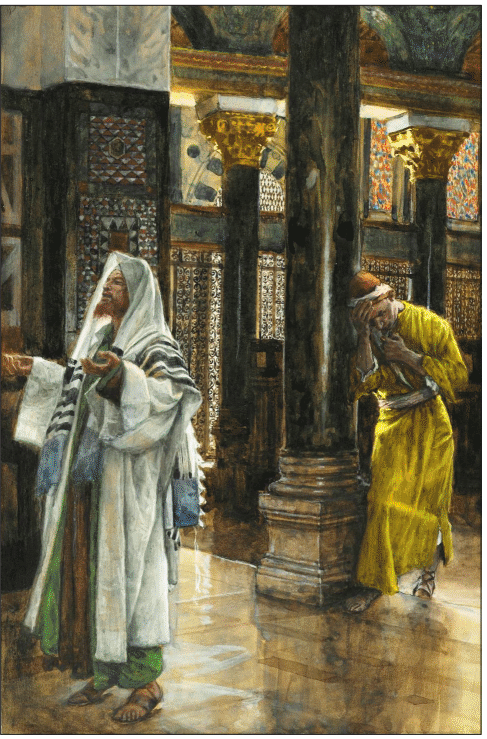Fr Paolo Consonni, MCCJ
Addiction is a reality which, in one way or another, affects each one of us. Addiction to our cellphones is the most evident, but others might be lurking, unaddressed, within the depth of our hearts. We could be addicted to substances but also to relationships and to unhealthy attitudes as well as to the high opinion people have of us.
Some habitual sins are a kind of addiction too. In theory, only by using our willpower can we repent and reform our ways. But oftentimes, in both small and big choices, we are confronted by the weakness of our character and the shame of our failures, unable to radically change. We know that something is wrong, and yet, we keep doing it, as St. Paul said: “I do not do the good I want, but the evil I do not want is what I do […] For I delight in the law of God in my inmost self, but I see in my members another law at war with the law of my mind, making me captive to the law of sin that dwells in my members. Wretched man that I am! Who will rescue me from this body of death? (Rm 7:19, 22-24).
There is a worldwide program to recover from alcoholism and other substance abuse called Alcoholics Anonymous (AA). The program consists of 12 progressive steps. The first one is a very powerful statement: “We admit that we are powerless over alcohol (or another addiction) and that our lives had become unmanageable.” The long journey of stopping one addiction starts with the admission of the problem, even though one has not yet the power to immediately solve it.
The second step is as powerful as the first: “We come to believe that a power greater than ourselves could restore us to sanity.” For those of us who are believers, this power is surely God and His grace. On the way to recovery, we should never give up the faith that God will not abandon us in our weakness, even when we suffer many setbacks. The third step is a consequence of this inner certitude, namely a surrender to God: “Make a decision to turn our will and our lives over to the care of God as we understood Him.” All the other steps flow naturally from these basic premises. I am amazed at the fact that a truly transformative prayer very often follows the same pattern.
In this Sunday’s Gospel (Luke 18:9-14), the theme of prayer is once again addressed with a simple but meaningful parable. Jesus makes his point by contrasting the outcome of two ways of praying. In the story, a Pharisee and a tax collector are praying in the Temple at the same time. The tax collector is a public sinner who was despised because of his corrupt profession. The content of their prayers and their attitudes are quite different. The Pharisee is a very religious and devout person, but, as the Gospel points out, prone to trust in his own righteousness and to regard others with contempt: “God, I thank you that I am not like other people: thieves, rogues, adulterers, or even like this tax collector. I fast twice a week; I give a tenth of all my income.” Jesus remarked that God did not appreciate this kind of prayer, but unfortunately the Pharisee did not have a clue about how wrong it is to use prayer to exalt oneself; he failed the first step of AA.
The tax collector instead “standing far off, would not even look up to heaven, but was beating his breast and saying, ‘God, be merciful to me, a sinner!’”. Contrary to the Pharisee, he is clearly aware of his unhealthy lifestyle, of his unjust conduct, of his despicable profession. He was probably trying to change his life, but without success. As in any addiction, change never comes easily, and it implies a long journey of trial and error.
St. Augustine, however, considers the tax collector’s prayer the sign that recovery is already taking place in his heart. He comments that “it is not surprising that the tax collector went away cured, since he had not been ashamed of showing where he felt pain” (Sermon 351). By going to the Temple, even if still impure and full of shame, he shows that he has hope that a remedy for his failed life is possible, thanks not only to his willpower, which is evidently insufficient, but above all to God’s mercy and grace.
This Sunday, we need to heed Jesus’ reminder not to fall into the trap of justifying ourselves in front of God because of our merits as the Pharisee was doing. But most of all, we want to rejoice at the fact that for God no life is stained beyond redemption, if we have the courage to humbly recognize our addictions while we take the first steps towards our recovery. It is a beautiful message to bring to the world on this Mission Sunday!


 Follow
Follow


